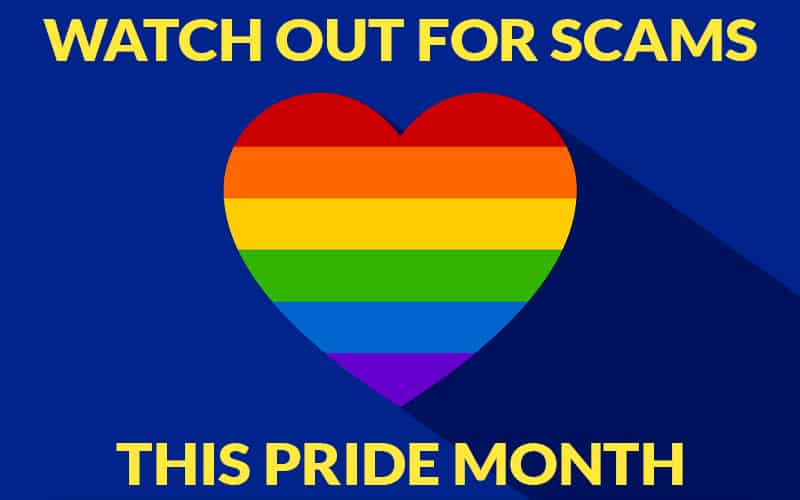With Pride Month in full swing, crypto scammers have found yet another scapegoat for their crimes. According to the Massachusetts government and the FTC, crypto scams have a substantial effect on the LGBTQIA+ community.
The Massachusetts government has compiled a list of things to help victims spot a crypto scam, citing the Federal Trade Commission’s (FTC) warning to the LGBTQIA+ community that they have become the target of this type of fraud.
Fraudsters may contact their targets by pretending to be a known person and requesting money for a financial emergency or debt via phishing, text message, phone calls, social media, or dating apps.
Once the scammer has captured the attention of their target through false promises or a sense of urgency, their goal is to steal personal information, money, or both.
There may be messages instructing victims to click a link or call a phone number in order to speak with someone about how to deal with crypto.
There may also be social media friend requests or messages from someone with little profile activity, a new account, or no mutual connections offering investment advice. This eventually leads to a request for passwords to cryptocurrency wallets.
It could also be romance scams on dating apps, with fraudsters requesting money, gifts, or crypto credentials.
The FTC claimed earlier this month that over 46,000 people have reported losing over $1 billion in crypto scams since 2021.






